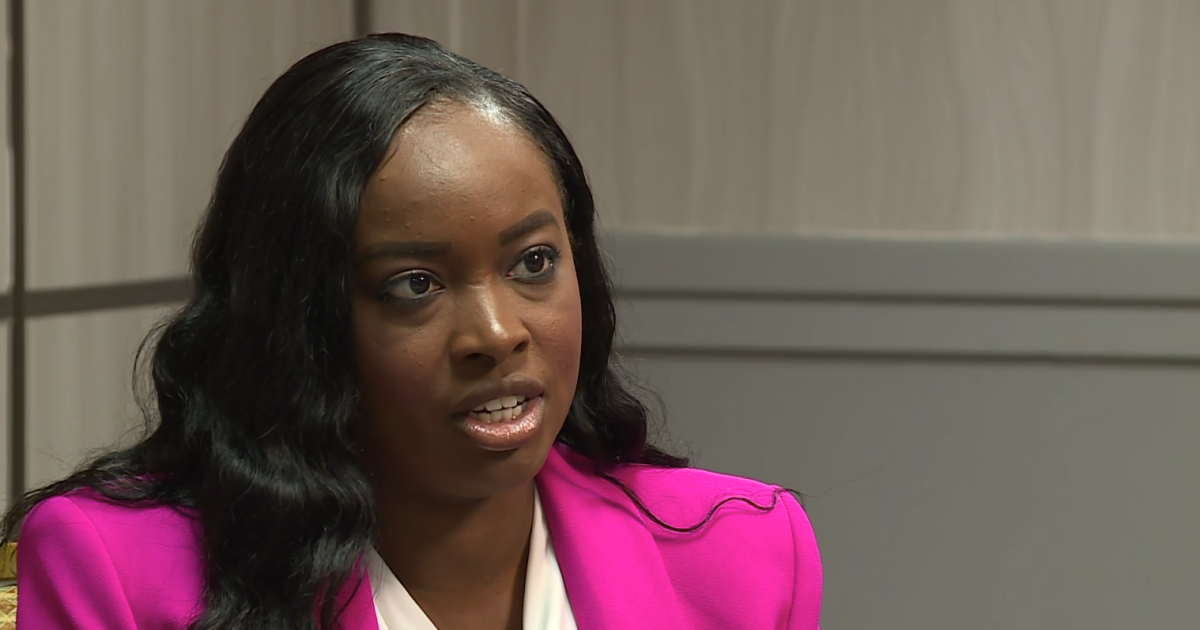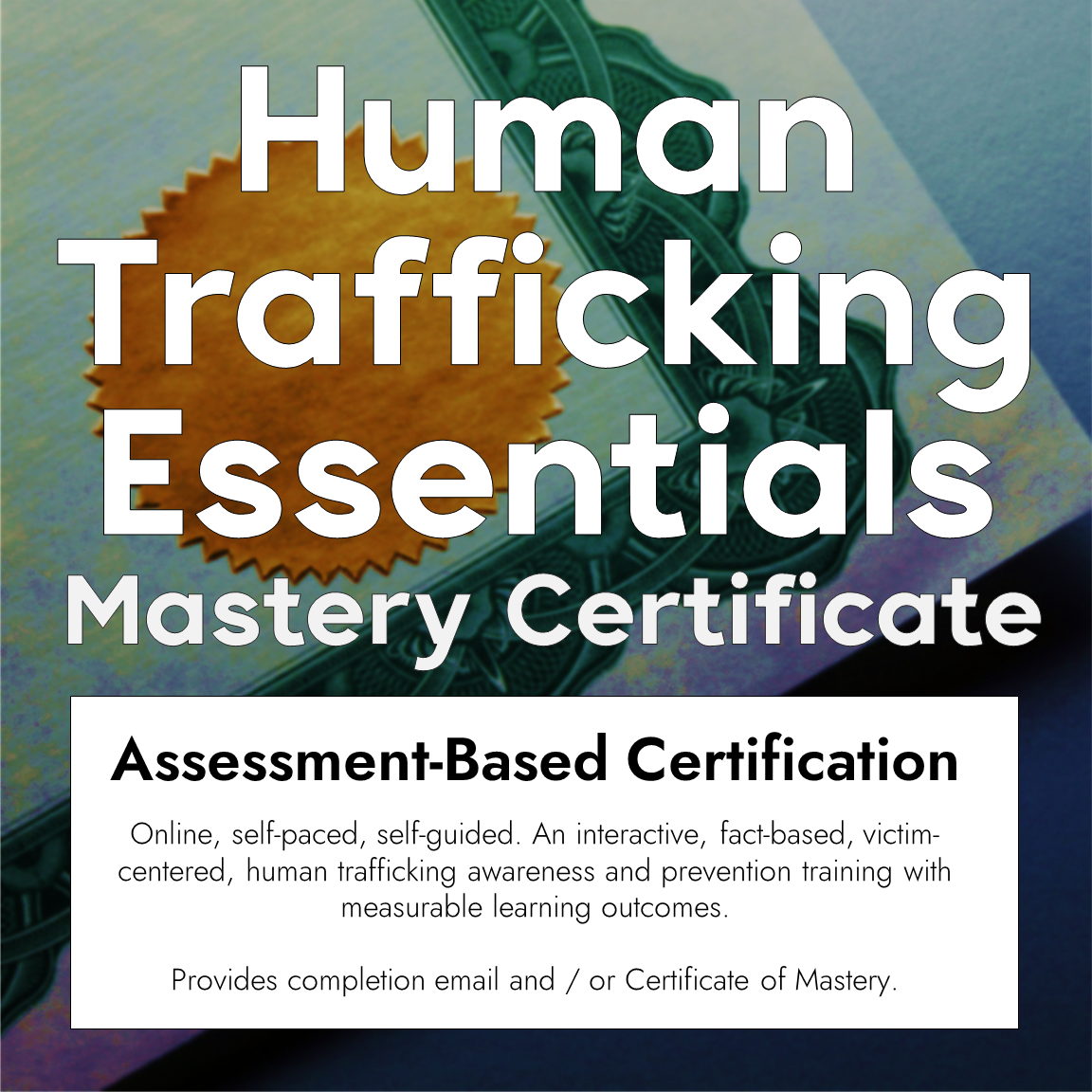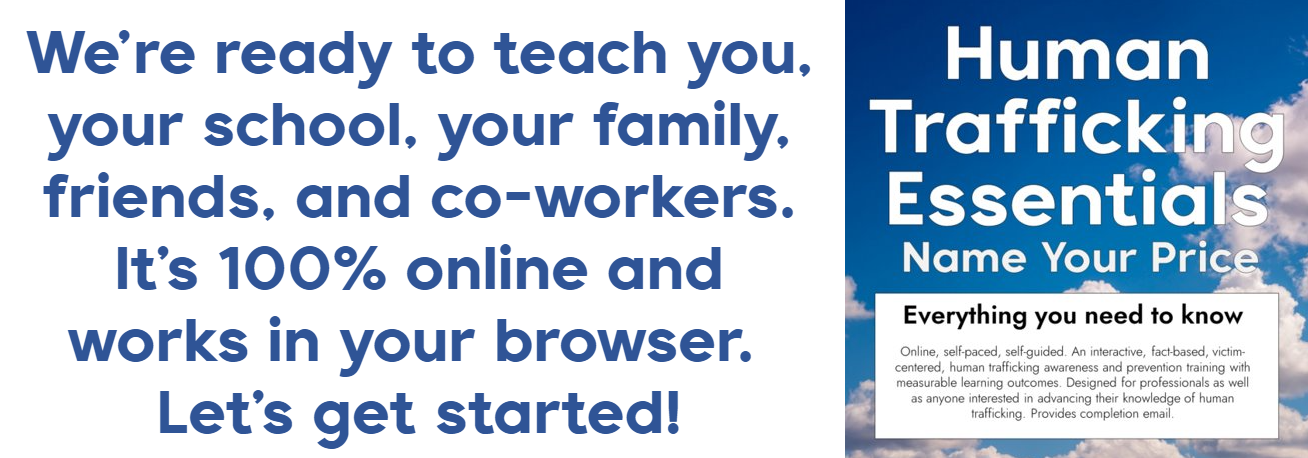Human trafficking victims speak at Richmond summit: ‘We cannot fight this single-handedly’

RICHMOND, Va. — For Shamere McKenzie, “human trafficking” is more than just a phrase — it is a lived experience.
“When I hear human trafficking that phrase, to me, is synonymous to slavery. When we understand the definition of human trafficking, in its entirety, in my opinion, it is slavery,” said McKenzie. “Human trafficking is not something I read in a book, watched on television, or researched. Human trafficking was my life for 18 months of torture.”
McKenzie said she was lured into sex trafficking when she was in college and had just lost a scholarship. She said the person who lured her in is someone she considered a friend, but now realizes he was taking advantage of her — something she said is common.
“Traffickers assess one's vulnerability and they use that as their avenue to lure someone to be trafficked,” she said.
Since breaking free, McKenzie — who considers herself a liberator, not a survivor — has worked in the anti-human trafficking field for over 13 years to help others. This includes working as the training manager for the National Human Trafficking Hotline.
She also took part in this week's Human Trafficking Awareness summit, serving as its emcee, alongside federal, state, and local agencies and non-profits.
“Because we cannot fight this single-handedly. It takes partnership, it takes that collaborative approach. And this is a bipartisan issue. Your political stance is irrelevant when it comes to trafficking,” she added.
And in Virginia, there has been a bipartisan effort in recent years — passing several bills — including requiring awareness training for hotel staff and first-year university students. Democratic Del. Karrie Delaney has introduced several pieces of legislation and said if reelected (all 140 seats of the General Assembly are up for reelection this November), she already has more ideas.
“Safe Harbor, which is where children who are victims of trafficking are no longer charged with the crime of prostitution, but instead treated like the victims that they are and receive the services that they need,” Delaney added.
Delegate Mike Cherry, also up for reelection, said he planned to focus on labor trafficking issues.
“I'm working with the industry experts to make sure that we're closing some loopholes there as well in the labor trafficking front,” added Cherry.
Virginia Attorney General Jason Miyares, who hosted the summit, said labor trafficking accounts for 40% of trafficking cases in Virginia and pointed to a recent Williamsburg case where a laundry service was accused of bringing in people illegally from Central America and forcing them to work long hours.
Miyares said the case is being tried at the federal level because Virginia's laws on the issue aren't as strong.
“We want to enhance the penalties in state courts for state prosecutors also have the freedom to prosecute these crimes,” Miyares said.
McKenzie added regular people can help fight trafficking — especially labor trafficking, which she said is the most prevalent form of trafficking — by speaking with their wallets and not supporting companies that use that at any level of the supply chain —
“We need to be aware of those things, we need to be conscious consumers.”
While Miyares added people can educate themselves on the signs of human trafficking — and if they see something, say something.
“It's so important that every Virginian realize they can be part of the solution by keeping their eyes open.”
A list of information on how to spot the signs of human trafficking and what to do can be found here and here.
Depend on CBS 6 News and WTVR.com for in-depth coverage of this important local story. Anyone with more information can email [email protected] to send a tip.
This “Eyes on Trafficking” story is reprinted from its original online location.
Fair Use Notice: The PBJ Learning Knowledge Vault is dedicated to advancing understanding of various social justice issues, including human trafficking and related topics. Some of the material presented on this website may contain copyrighted material, the use of which has not always been specifically authorized by the copyright owner. We are making such material available in our efforts to promote education and awareness of these important issues. There is no other central database we are aware of, so we put this together for both historical and research purposes. Articles are categorized and tagged for ease of use. We believe that this constitutes a ‘fair use' of any such copyrighted material as provided for in section 107 of the US Copyright Law. In accordance with Title 17 U.S.C. Section 107, the material on this site is distributed without profit to those who have expressed a prior interest in receiving the included information for research and educational purposes. For more information on fair use, please visit: “17 U.S. Code § 107 – Limitations on exclusive rights” on Cornell Law School's Legal Information Institute.

ABOUT PBJ LEARNING
PBJ Learning is a leading provider of online human trafficking training, focusing on awareness and prevention education. Their interactive Human Trafficking Essentials online course is used worldwide to educate professionals and individuals how to recognize human trafficking and how to respond to potential victims. Learn on any web browser (even your mobile phone) at any time.
More stories like this can be found in your PBJ Learning Knowledge Vault.
EYES ON TRAFFICKING
This “Eyes on Trafficking” story is reprinted from its original online location.
ABOUT PBJ LEARNING
PBJ Learning is a leading provider of online human trafficking training, focusing on awareness and prevention education. Their interactive Human Trafficking Essentials online course is used worldwide to educate professionals and individuals how to recognize human trafficking and how to respond to potential victims. Learn on any web browser (even your mobile phone) at any time.
More stories like this can be found in your PBJ Learning Knowledge Vault.

